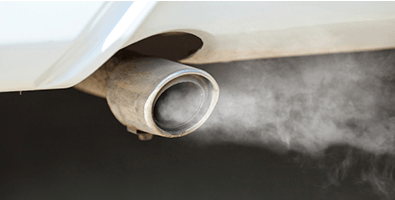The UK’s largest trade union has launched an emissions’ register to protect workers against the “ticking time bomb” of diesel fumes.
Unite launched the register so that members can record when they have been exposed to excessive diesel fumes.
The information will be used by Unite to report accidents, “force” employers to clean up their workplaces and could be the basis of future legal claims.
It was prompted to act, it said, because the Government refused to comply with a high court demand to publish by April 24, tougher draft measurers to tackle illegal levels of nitrogen dioxide.
The Government’s original proposals were “so poor” the court ruled them to be illegal. On Thursday the Government lost a further court case and now will be forced to publish its plans.
Unite assistant general secretary for transport Diana Holland said: “Unite is acting to protect our members from the ticking time bomb of being needlessly exposed to poisonous diesel fumes.
“We cannot take risks with health and safety at work. We are deeply concerned the government is burying its head in the sand and allowing people to become sick and even die due to its inaction.
“In the meantime, where it is clear that employers are ignoring their legal duties, information form the register will be used to force employers who are making our members sick and ill to clean up their acts.
“If it can be proved that the health of workers has been damaged due to exposure to diesel fumes, Unite will consider taking legal action on behalf of our members.”
Unite’s register has initially been trialled across the transport sectors and has already produced disturbing results, it said, with members reporting incidents including: “Many shifts have had dense fog through diesel emissions, staff have coughed, had sore eyes, sore throats” and “I regularly work in a building with diesel fumes from diesel engines”.
Unite’s study revealed that affected workers reported a series of short-term health concerns including: wheezing (55%), other respiratory problems (55%), eye irritation (45%), lightheadness (36%), chest tightness (36%), headache (36%), nausea (27%) and heartburn (18%).
Long term problems recorded by Unite members included effects on lung capacity, breathlessness, asthma, being more prone to colds and flu and sinusitis.
Unite already has registers for members who are exposed in the workplace to asbestos or fume events on board aircraft. Unite is currently pursuing 94 legal case on behalf of cabin crew who have been exposed to toxic fumes on board passenger planes.

















Login to comment
Comments
No comments have been made yet.